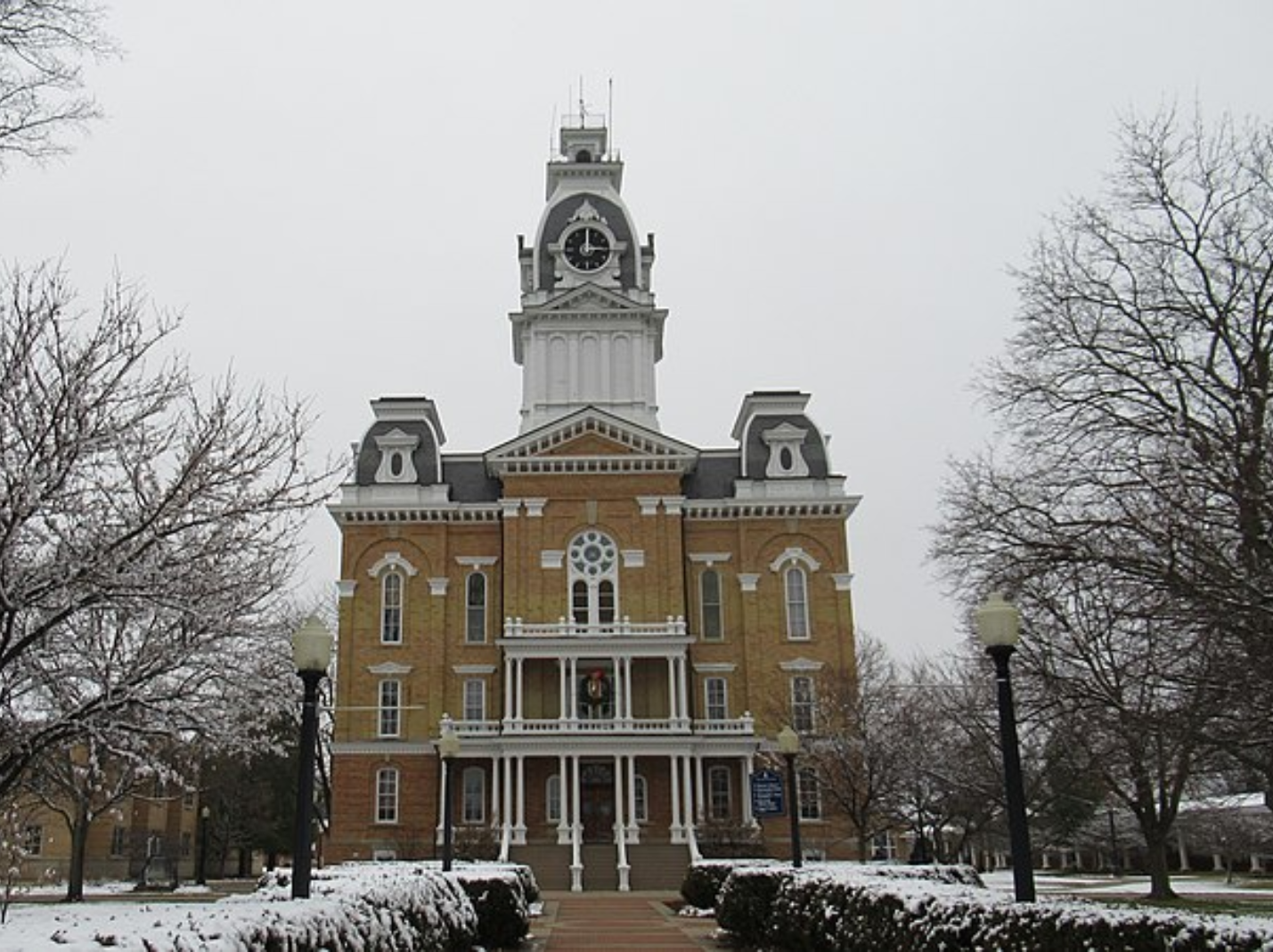
For learning and discovery communities to flourish, there has to be a diversity of ideas that are explored and debated, with multiple perspectives discussed civilly by veteran scholars—the faculty—as well as inquisitive young learners—the students. While campuses in recent years have obsessed over what are intellectually relatively unimportant dimensions of diversity, such as the skin color of participants in the scholarly enterprise, they increasingly have imposed a leftist monopoly on the exploration of ideas on many campuses, including the nation’s most prestigious ones. A progressive agenda reigns, and questioning it is increasingly rare as woke leaders impose their ideas on the campus community. To be sure, there are exceptions: colleges like Hillsdale College and Ave Maria University offer a completely different scholarly environment compared to mainstream institutions like Harvard or the University of California. At a number of public schools, the legal owners of the institution, the governing board, and political leaders, along with alumni friends and major donors, are challenging the campus woke supremacy by forcing schools to create largely autonomous enclaves on campus, not vulnerable to attack or destruction by progressive faculty and administrators. The Hamilton Center was created at the University of Florida, and a new School of Civic Life and Leadership at the flagship University of North Carolina campus in Chapel Hill. These and several other centers, mostly located in relatively conservative states, were created in spite of faculty or administrative opposition.
Arguably, the biggest and boldest of these experiments in intellectual diversity is happening in a most unexpected place: Ohio. The Buckeye State seldom is first or last to adopt anything—it is boringly in the middle. It moves cautiously when new or fashionable ideas are advanced. But in the current legislature, the state agreed to create five new autonomous academic enclaves at five major state universities: Ohio State, the University of Toledo, Miami University, Cleveland State, and Wright State Universities. It appropriated $24 million for these ventures, the largest being a Salmon P. Chase Center for Civics, Culture and Society at Ohio State, which envisions having at least 15 tenure-track faculty. Its new director, Lee Strang, came from the University of Toledo Law School, where he was a senior professor.
Faculty groups like the American Association of University Professors (AAUP) are mightily annoyed since their quasi-monopoly control over hiring and the curriculum is imperiled. While the centers and their supervisory boards required university governing board approval, the legislation makes clear that the university bureaucracy—presidents, provosts, deans, faculty senates, curriculum councils, etc.—have no control over the centers. In a way, these new state university conservative enclaves are modeled on a famous old predecessor: the Hoover Institution at Stanford University, a high-quality autonomous center amid that campus.
Two conservative Republican senators, Jerry Cirino and Rob McColley, cosponsored the legislation creating the Ohio centers. Cirino, a dynamic retired high-tech entrepreneur, also has authored a far-ranging bill mandating other requirements on state universities that have received Senate approval, doing such things as requiring an undergraduate study of some of the nation’s founding documents and important speeches—i.e., the Federalist Papers, Lincoln’s Gettysburg Address, Martin Luther King’s Letter from Birmingham Jail—and some post-tenure review of faculty performance. Its final fate awaits House legislative action, probably after the election. University presidents seem unhappy but afraid to attack the proposal publicly, given low national public support for higher education.
One possible effect of both the Ohio legislation and efforts elsewhere is that, effectively, sanctuary centers are being established for fine conservative scholars who have been persecuted and dismissed for their political views. In Ohio, the prime example is Scott Gerber, by far the leading scholar in the Ohio Northern University Law School—a leading authority on the jurisprudence of Justice Clarence Thomas—and a fine teacher as well. His firing last year, initiated by law enforcement personnel escorting Gerber out of the classroom, was a national outrage leading to protests by leaders of organizations like the National Association of Scholars, AAUP, and the American Council of Trustees and Alumni. While Gerber has been winning preliminary legal skirmishes over his dismissal in court, he is still without a job.
Like most professors, I have generally negative feelings about politicians’ heavy-handed involvement in university affairs. In the final analysis, however, academics are too important to be left solely to academicians.
Image of Hillsdale College by Notorious4life on Wikimedia Commons
“One possible effect of both the Ohio legislation and efforts elsewhere is that, effectively, sanctuary centers are being established for fine conservative scholars who have been persecuted and dismissed for their political views.”
It’s not just on the faculty level, it’s the introductory graduate students who need sanctuary.
Yes, what happened to Scott Gerber was outrageous, but he already had a professional reputation and was/is able to defend himself. It’s the first-year graduate students that need sanctuary, and undergraduates who need to see that it is there. Without this, the overwhelming majority of the attrition will continue to occur long before the PhD level.